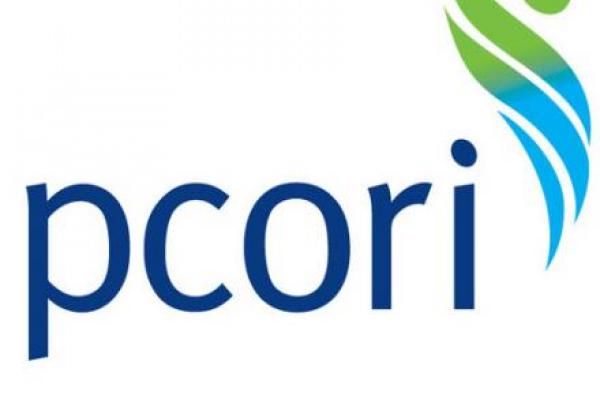Patient-Centered Comparative Effectiveness Research on Language Access for Patients with Diabetes Approved for a $15,000 Award by the Patient-Centered Outcomes Research Institute

[8/8/16] – The Center for Languages, Literatures and Cultures has been approved for a $15,000 award by the Patient-Centered Outcomes Research Institute (PCORI) to support a project on Language Access for Patients with Type 2 Diabetes.
Glenn Martinez, Milly Valverde, Dr. Alejandro Diez, and Sandra Martinez will use the funds provided through PCORI’s Pipeline to Proposal Awards program to build a partnership of individuals and groups who share a desire to advance patient-centered outcomes research focused on effective language access strategies in health care.
Pipeline to Proposal Awards enable individuals and groups that are not typically involved in clinical research to develop the means to develop community-led funding proposals focused on patient-centered comparative effectiveness research (CER). Established by the non-profit PCORI, the program funds three tiers of awards that help individuals or groups build community partnerships, develop research capacity, and hone a comparative effectiveness research question that could become the basis of a research funding proposal to submit to PCORI or other health research funders.
Language barriers in health care affect millions of patients within the US health delivery system each year. Under the Affordable Care Act, furthermore, the number of limited English proficient patients with access to the system has increased and will lead to a greater presence of LEP patients across the continuum of care. Language access is a key determinant of patient activation in care. While language services have become more available in care, the mechanisms used to provide them (e.g., on-site medical interpreters, remote medical interpreters, bilingual health professionals, and caregiver mediation) are determined by the care delivery organization with little to no input from the patient.
Patient-centered comparative effectiveness research on language access mechanisms has the potential to shed new light on the variety and distribution of language services in clinical encounters, which can lead to more efficient use of services and enhanced patient activation in health care. This project seeks to develop capacity for research on language access mechanisms available to Spanish-speaking patients with diabetes in Ohio. We aim to engage patients, caregivers, interpreters, bilingual clinicians, language service coordinators and agencies, and language researchers throughout Ohio in a sustained, multifaceted conversation around language access mechanisms in the delivery of care.
“The Pipeline to Proposal Awards program is a manifestation of PCORI’s commitment to the meaningful involvement of patients, caregivers, clinicians, and other stakeholders in all our research endeavors,” said Jean Slutsky, PA, MSPH, PCORI's Chief Engagement and Dissemination Officer. “It provides support to those who may not otherwise have an opportunity to contribute to the field of comparative effectiveness research. We’re pleased to follow the awardees’ progress as they develop partnerships and begin to form research questions.”
PCORI is an independent, non-profit organization authorized by Congress in 2010 to fund comparative effectiveness research that will provide patients, their caregivers, and clinicians with the evidence needed to make better-informed health and healthcare decisions. PCORI is committed to seeking input from a broad range of stakeholders to guide its work.
